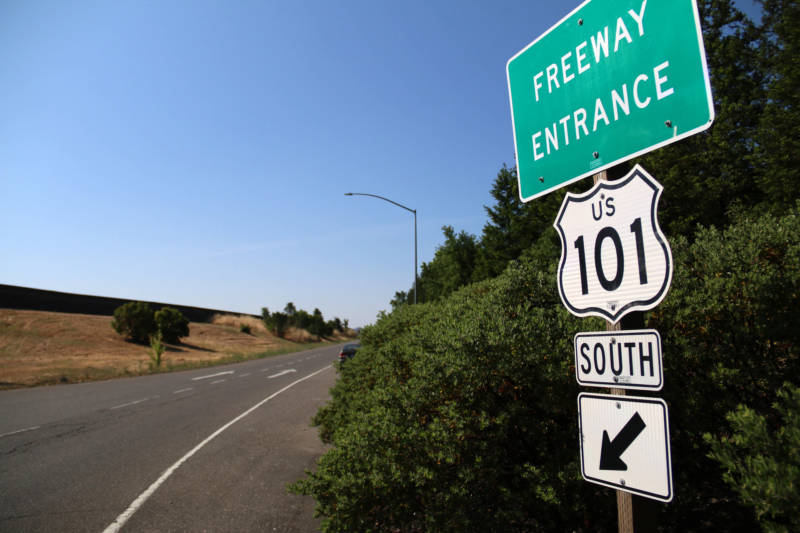“So at this point, it's a little bit of a jump ball as to where a court would draw the line and say, 'This is a sustained finding,' ” Smith said.
Rohnert Park is also facing two lawsuits in connection with marijuana seizures. Schwartz said he could not comment on how the Huffaker settlement would impact that litigation.
Additional records that may involve official dishonesty were also noticeably absent from Rohnert Park’s response to records requests under SB 1421.
Tatum was placed on a list of officers with credibility problems maintained by the Sonoma County District Attorney’s Office for lying in testimony during a 2016 case. Prosecutors had to dismiss at least two other cases involving Tatum for similar reasons.
However, the city of Rohnert Park said no officers, including Tatum, were disciplined for dishonesty in the past five years. The response indicates that either the city did not investigate those incidents, or it did not sustain any findings related to them.
Criminologist Phil Stinson from Bowling Green State University said that while he hopes the scrutiny of the new law forces bad cops to change their behavior, he fears it might have other unintended consequences.
“We might end up with situations where agencies simply don't investigate these cases because they don't want to have to make sustained findings,” Stinson said. “Or perhaps there won't be (fewer) investigations, but they just simply won't sustain the findings.”
This story was produced as part of the California Reporting Project, a collaboration of more than 30 newsrooms across the state to obtain and report on police misconduct and serious use-of-force records unsealed in 2019.

